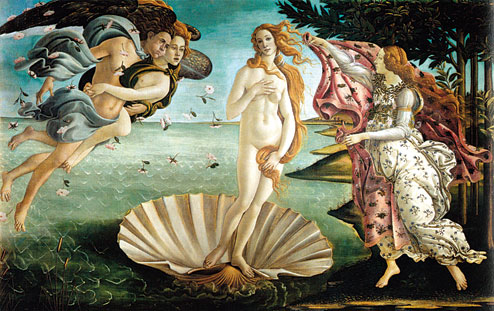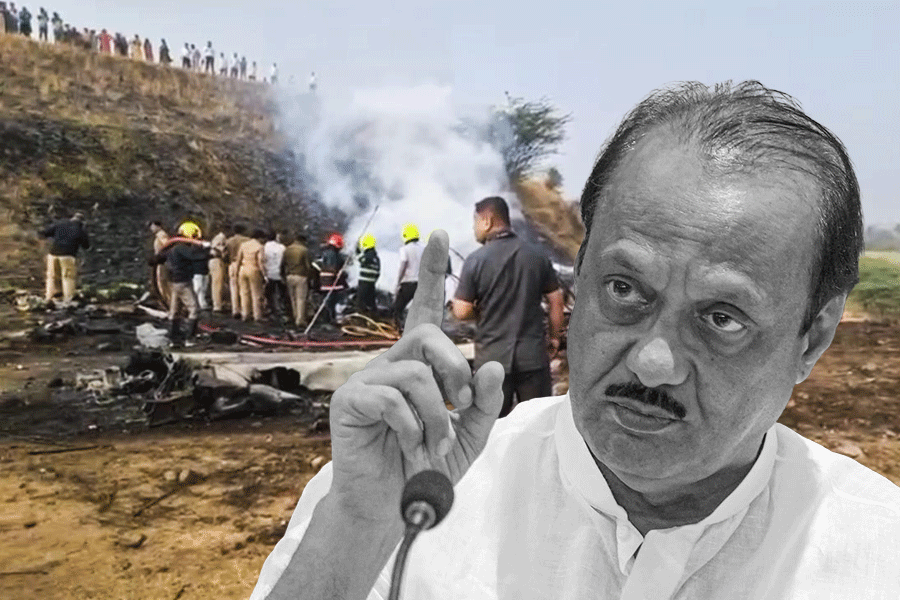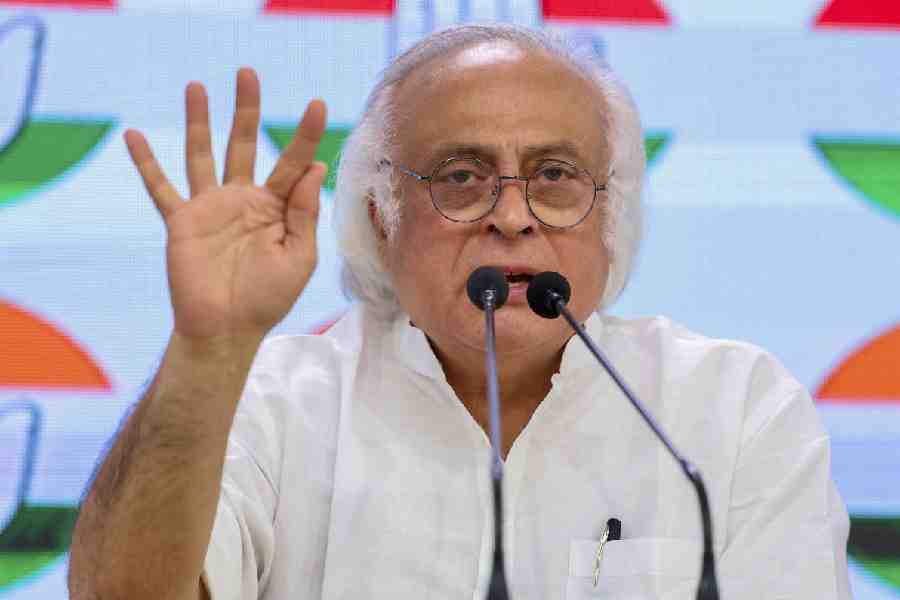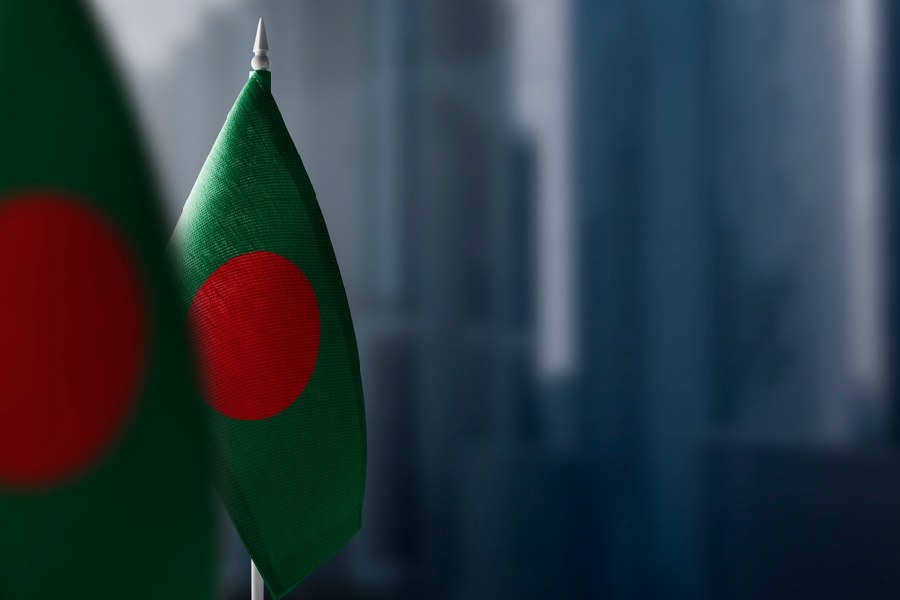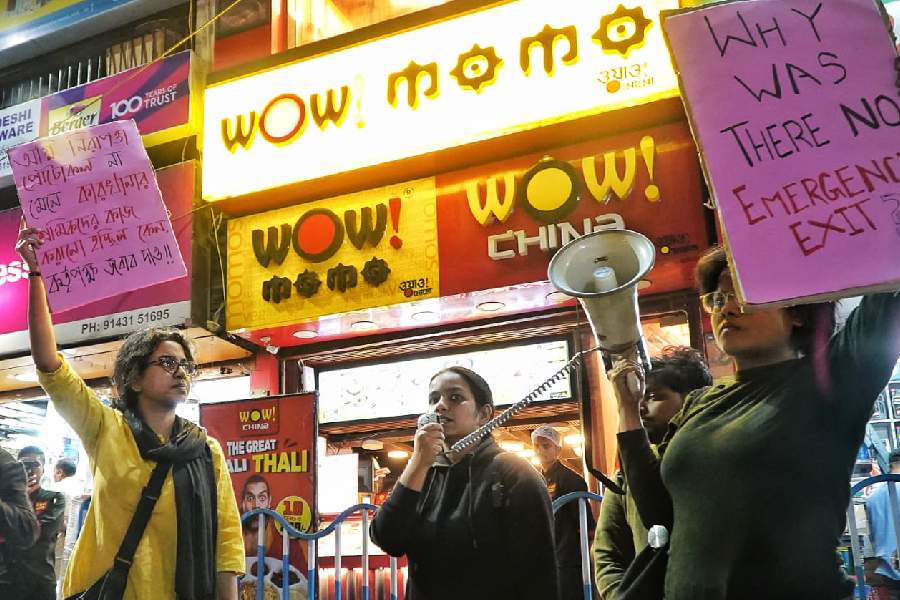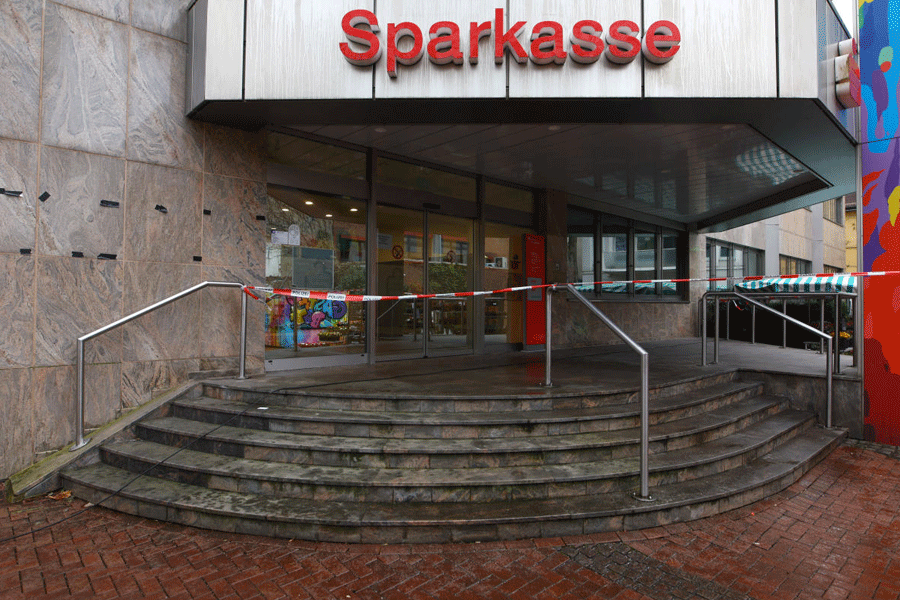Botticelli reimagined as Bond movie


In Dr No, the very first Bond movie released in 1962, Ursula Andress plays the voluptuous Honey Ryder, a diver on a Caribbean island who makes a living by selling seashells to dealers in Miami.
James Bond (Sean Connery) is bewitched as she makes a dramatic appearance, emerging out of the sea clothed in a white bikini and holding freshly collected conch shells.
This scene was inspired by The Birth of Venus, the famous painting by the Italian, Sandro Botticelli (1445-1510), hailed by the Victoria and Albert Museum in London as "one of the greatest artists of all time".
We have this from Mark Evans, who is co-curator of an exhibition, Botticelli Reimagined, which will examine how Botticelli's work has influenced art, design, fashion and film.
Botticelli's impact on fashion is apparent in the way the Bulgari store in Fifth Avenue in New York has been designed, Evans told us.
The exhibition with 150 paintings will run next year at the V&A from March 5-July 3, but last Thursday we were given an insight into what would be on offer.
For example, the relevant clip of Ursula Andress from Dr No will be played at the entrance.
The exhibition will be sponsored by Societe Generale, a French bank, whose communications director, Jasvant Singh, a Sikh born and brought up in Wales, was present last week at the V&A.
"The bank has been supporting art for 150 years," said "Jas", who told me later that the bank had a big presence in India and employed thousands in Bangalore for its back office work.
The one painting that will stay put at the Uffizi Gallery in Florence is The Birth of Venus. Three or four years ago I did the touristy thing - I bought a poster of the painting from the Uffizi shop and carried it home to Calcutta where it has yet to be framed and put up as an antidote to the city's heat and dust and smoke from fish being fried.
But my very first trip to "Firenze" was years ago to report on a visit by Prince Charles and Princess Diana.
An Italian count, who was hosting a banquet for the couple, expressed his admiration for Diana in lyrical terms: "Botticelli defined beauty for us with The Birth of Venus. We have had to wait 500 years for something as beautiful - Princess Diana."
Bollywood biz

First the good news: Shuchita Sonalika, UK head of the Confederation of Indian Industry (CII), is back in the UK.
The bad news: she will have to return shortly to Delhi because the Home Office still refuses to give her a proper work visa.
Last week, she was in Edinburgh where the first India-Scotland business summit was held.
Shuchita also witnessed a "spectacular" military tattoo involving some 40 bands. Business was also smoothed by an "East meets West" Bollywood extravaganza, involving dancers from India and from Scotland.
Scottish boy, while playing cricket, is distracted by desi beauty - sounds like Kohli to me - falls for her, and loses his wicket and his bachelor status. Joyous wedding dancing ensues to such numbers as Dhadak dhadak, Koi mil gaya, Aankhon mein teri and Nagara sang dhol baje.
Meanwhile officials from the Scottish Development International (SDI), the CII, the Indian high commissioner Ranjan Mathai, and Scottish and Indian businessmen discussed everything from BPO to education, IT, biotechnology, food and drink, life sciences, oil, gas and energy.
Paul Lewis, managing director, SDI, summed up: "India offers significant opportunities for Scottish exporters."
Shuchita returned the compliment: "The huge interest we are seeing from Indian companies to explore Scotland is also remarkable."
Also remarkable is the number of Bollywood films that have been shot in Scotland.
Malala cue

Since I don't know enough about the dispute at Presidency University, I won't take sides but the protesting students might perhaps be inspired by the example of Malala Yousafzai.
At 15, she was very nearly killed by the Taliban for wanting to study. She is 18 now, a student at Edgbaston High School for Girls in Birmingham.
She has just had her GCSE results - she got A* in two maths papers, biology, chemistry, physics and religious studies, and grade A in history, geography, English language and English literature.
She has ambitions of getting to Oxford: "I want a good university education."
Students at Presidency, who are supposed to be the best of the best, would normally be confident of winning places at Oxford, Cambridge, Harvard and other top universities abroad. Now, those deemed to be troublemakers may find their futures are blighted.
I did talk to Anuradha Lohia at some length when she was in London as part of the Mamata Banerjee delegation. She is a molecular biologist, not a career politician, and had worked all her life at the Bose Institute.
She had signed MoUs with SOAS, Exeter and Cambridge in the humanities and was keen to extend the agreements to the natural sciences. She was keen to bring "enlightenment" to her students and "achieve collaboration across international boundaries".
"It's tough but I am really enjoying the challenge," she told me.
It is hard to see why students need to have "unions" at university. The golden period, 18-21, should be spent on having as much fun as possible.
Scrawling "ex" in front of the vice-chancellor's nameplate is, sadly, not very witty.
Compare and contrast with the undergrad who wrote outside the Cavendish Lab in Cambridge: "Who took the fizz out of physics?"
Raman effect
Twenty two-year-old Reuben Hill, who is doing a PhD in physics at Imperial College London, has had a brain tumour removed using a radical new laser probe.
This has been hailed as a major medical breakthrough.
To cut a long story short, "Raman spectroscopy" is used to measure the frequency of vibrations when a beam of light is pointed at the exposed brain.
This is named after Nobel Laureate Sir C.V. Raman (1888-1970). His most fruitful and happiest period was in Calcutta, where his students made no attempt to gherao him.
Sachin search

A local charity shop had a book, Chasing Sachin , on sale for £1.25. I did not have any change but when I returned I was upset to find the book gone.
Actually, it had been shifted to another shelf.
The author was Adam Carroll-Smith, a Sachin fan, who has written a whole book about an entire summer spent trying to meet his hero. His failure to catch his quarry funnily makes it a better book.
Tittle tattle
Can India overtake China?
How well India is doing in relation to China has been the BBC refrain all week.
Kamal Ahmed, the BBC's business editor, appeared impressed that JCB turned out five machines a day 25 years ago.
Now that figure was up to 110 a day - "it shows a huge growth in the Indian market".
Arun Jaitley was clever in not being too triumphalist and struck just the right note: "As far as infrastructure is concerned, there are segments where we are doing quite well... but it is still a far cry from what an ideal infrastructure should be."

